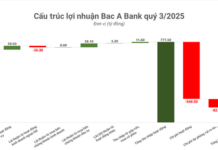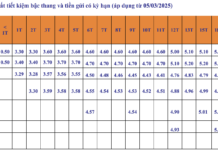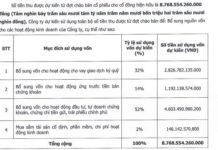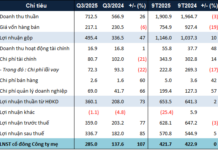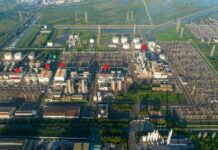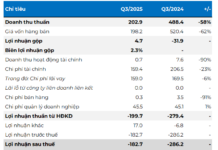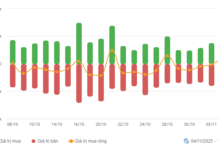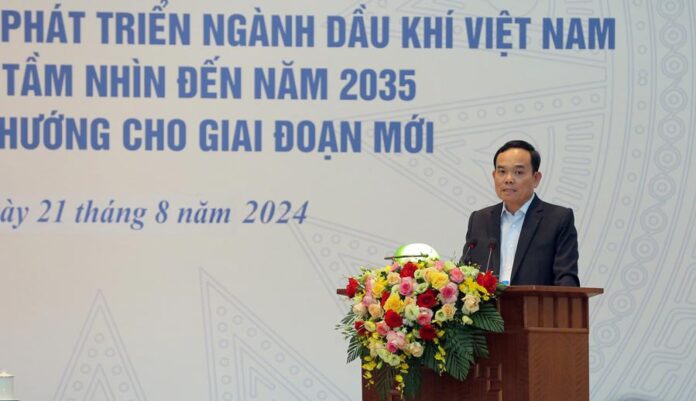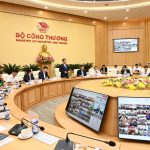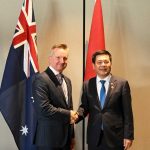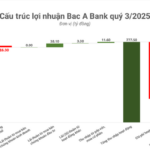On the afternoon of August 21, in Hanoi, the Central Economic Commission, in collaboration with the Ministry of Industry and Trade and the Vietnam National Oil and Gas Group, organized a conference to propagate and implement Conclusion No. 76-KL/TW, dated April 24, 2024, of the Politburo on the implementation of Resolution No. 41-NQ/TW, dated July 23, 2015, on the orientation of the Vietnam Oil and Gas Industry Development Strategy by 2025, with a vision towards 2035, and some orientations for the new period.
FOCUS ON BUILDING A NEW DEVELOPMENT STRATEGY
In his opening remarks, the Head of the Central Economic Commission and Deputy Prime Minister, Tran Luu Quang, highlighted the special attention given to the oil and gas industry by the Party and State. Given new development requirements, on April 24, 2024, the Politburo issued Conclusion 76-KL/TW, based on a proposal by the Central Economic Commission, in collaboration with relevant ministries, sectors, and localities. This conclusion provides significant guidance and decisions to harness the potential and strengths of the country and the oil and gas industry, enabling it to overcome challenges and achieve sustainable development. Conclusion 76-KL/TW offers critically important orientations for the development of Vietnam’s oil and gas industry, creating new momentum and opening up new avenues for its growth.
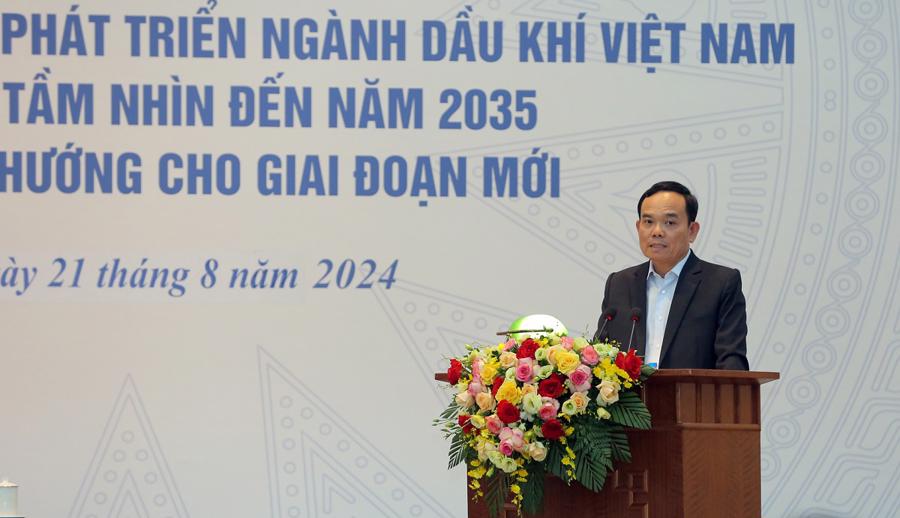
At the conference, Deputy Head of the Central Economic Commission, Nguyen Duc Hien, shared that after more than eight years of implementing Resolution 41-NQ/TW, the Government and Prime Minister have led and guided relevant ministries and sectors in developing and issuing numerous legal documents, strategies, and plans related to the development of the oil and gas industry. Notably, there has been a strong focus on science, technology, and human resource development in this sector, yielding positive results.
However, the industry also faces certain limitations and challenges regarding the implementation of strategic objectives, infrastructure reserves, and the progress of major projects. These issues arise from both objective and subjective factors, including certain constraints in policy-making and coordination among agencies and units.
To facilitate the development of the oil and gas industry in the new period, Deputy Head Nguyen Duc Hien emphasized the need to continue improving the institutional and legal framework and promoting the leading role of state-owned oil and gas corporations. In the context of energy transition and the Fourth Industrial Revolution, it is crucial to develop suitable technical infrastructure, especially digital infrastructure, in line with the implementation of digital transformation and the establishment of a data foundation, effectively utilizing the Science and Technology Development Fund.
Notably, to translate the Party’s orientations on oil and gas industry development into reality, the engagement and commitment of the entire political system are essential. Party committees at all levels should thoroughly study and propagate Conclusion 76-KL/TW and Resolution 41-NQ/TW, ensuring comprehensive implementation through legalization, strategy formulation, and organization of tasks. Simultaneously, timely and effective supervision and inspection should be conducted.
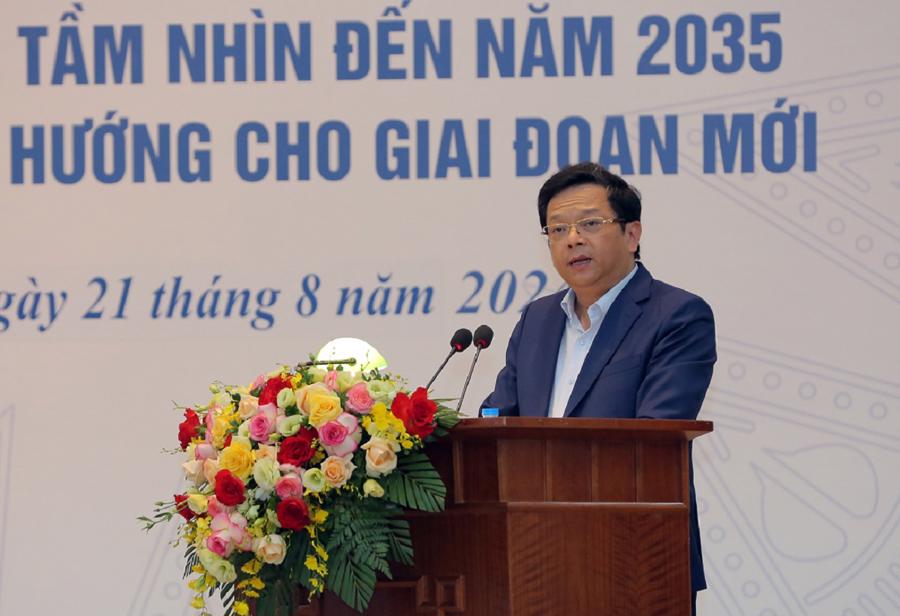
The conference also involved discussions and deliberations on key orientations, tasks, and solutions to be deployed in line with Conclusion 76-KL/TW and Resolution 41-NQ/TW. These include the establishment of several large-scale national energy industry centers, the development of competitive oil and gas enterprises in the region and internationally, linked to the leading role of state-owned energy corporations, and the improvement of technical infrastructure, particularly digital infrastructure, in tandem with digital transformation and data foundation construction.
During the conference, the delegates heard a report by the Secretary of the Party Committee and the Chairman of the Members’ Council of the Vietnam National Oil and Gas Group (PVN), Le Manh Hung. The report identified impacts from the global and regional environments, challenges, and PVN’s resource assessment. Based on the orientation to become a national industrial-energy group, PVN proposed seven main tasks and solutions to effectively implement Conclusion 76-KL/TW of the Politburo and Resolution 38/NQ-CP of the Government.
Representatives from several ministries, sectors, and localities presented theses on the requirements, tasks, and specific solutions to focus on to sustainably develop Vietnam’s oil and gas industry in line with Resolution 41-NQ/TW and Conclusion 76-KL/TW.
The delegates unanimously agreed that Party committees at all levels should thoroughly study and propagate these documents, ensuring comprehensive implementation through legalization, strategy formulation, and task organization. Simultaneously, effective supervision and inspection should be conducted.
In the immediate future, state-owned oil and gas corporations need to focus on formulating new development strategies and effectively restructuring in line with ensuring energy security, efficient production and consumption, and market stabilization. Other enterprises in the oil and gas sector should concentrate on implementing investments in assigned oil and gas projects, adhering to approved plans and ensuring project progress and investment efficiency.
BREAKTHROUGH IN RENEWABLE AND NEW ENERGY
Speaking at the conference, on behalf of the Government, Deputy Prime Minister Tran Hong Ha acknowledged the remarkable achievements of the oil and gas industry and state-owned corporations. He also analyzed the international context and its potential impacts on the industry, particularly in the context of the green energy transition.
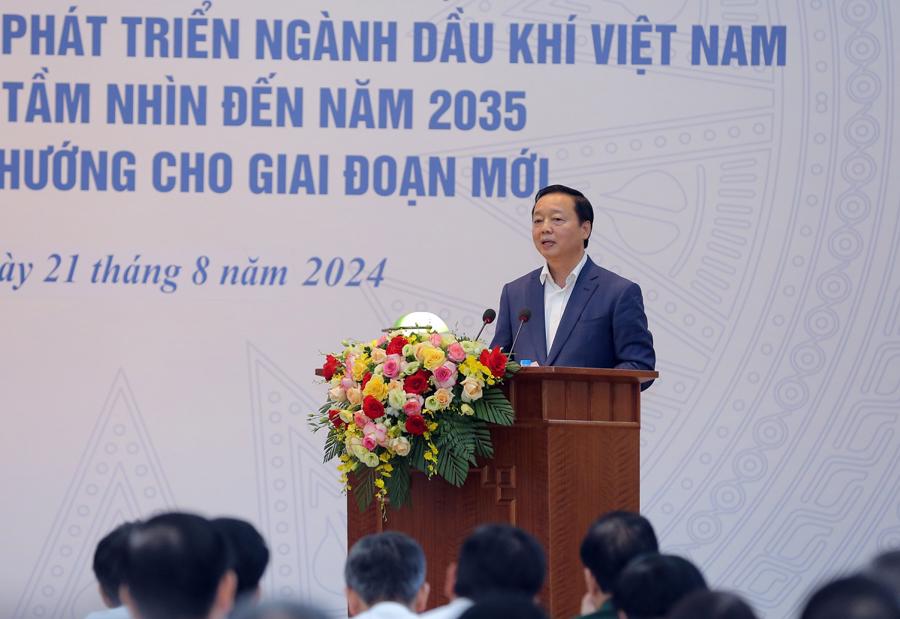
Based on Resolution 38/NQ-CP of the Government, the Deputy Prime Minister requested relevant ministries and sectors to swiftly develop implementation plans, focusing on improving policies and laws to create a conducive environment for the rapid and sustainable development of the oil and gas industry, ensuring alignment with the Law on Oil and Gas and related legal documents. Additionally, it is crucial to establish mechanisms and policies to attract more investment, implement financial solutions, develop capital assurance plans, and conduct suitable planning to secure land funds for the development of oil and gas infrastructure.
Concluding the conference, the Head of the Central Economic Commission and Deputy Prime Minister, Tran Luu Quang, emphasized the significant contributions of the oil and gas industry to the country’s socio-economic development and highlighted the increasing importance of this sector in Vietnam’s industrialization and modernization process.
State-owned oil and gas corporations, such as PVN and Petrolimex, have played pivotal roles, demonstrating stable development and growing strength. They serve as crucial pillars of the state economy, contributing to macroeconomic stability. In the current context, challenges and difficulties present significant opportunities for the oil and gas industry, provided it seizes the moment and leverages its advantages in experience, infrastructure, facilities, and high-quality human resources.
Deputy Prime Minister Tran Luu Quang suggested that, with the energy transition trend, the oil and gas industry should focus on harnessing its potential and strengths to develop renewable and new energy sources. This represents a breakthrough direction, ensuring the sustainable and modern development of the oil and gas industry, in tandem with promoting a rapid green and digital transformation and advancing advanced and modern processing and manufacturing industries towards enhancing autonomy, self-reliance, and localization.
The industry should also pay attention to attracting and encouraging investment from non-state economic sectors and international financial institutions, as well as developing high-quality human resources in line with policies to attract talent and provide specialized training to meet international standards and requirements.
Party committees at the central and local levels and party cells in state-owned energy corporations need to consistently implement the guidelines, policies, and path forward outlined in Resolution 41-NQ/TW, Conclusion 76-KL/TW, and Resolution 38/NĐ-CP. Localities should focus on developing the energy sector based on their strengths and feasibility.
During the implementation process, the oil and gas industry should identify challenges and obstacles, such as institutional issues and coordination mechanisms, and propose solutions to address them. It should embrace competition, apply advanced scientific and technical achievements, train and retain high-quality human resources, and promote infrastructure development, especially digital infrastructure and digital transformation.
Advantages of Producing Green Hydrogen from Offshore Wind
In order for clean hydrogen to develop and thrive in Vietnam, it is necessary to implement supportive policies from the Government to ensure the competitiveness of clean hydrogen sources.
Unveiling new horizons for the energy sector in Vietnam
On February 22, in Hanoi, the Ministry of Industry and Trade held a conference (both offline and online with localities) to implement Vietnam’s Hydrogen Energy Development Strategy until 2030, with a vision towards 2050 (Hydrogen Energy Strategy), which was approved by the Prime Minister in Decision No. 165/QD-TTg on February 7, 2024.
Encouraging Australian businesses to invest in renewable energy in Vietnam
On March 5th, according to the news from the Ministry of Industry and Trade, on the sidelines of the Special High-Level Commemorative Meeting of the 50th Anniversary of ASEAN-Australia Relations and Prime Minister Pham Minh Chinh’s official visit to Australia, Minister of Industry and Trade Nguyen Hong Dien had a bilateral working session with Australian Minister for Climate Change and Energy, Chris Bowen.








